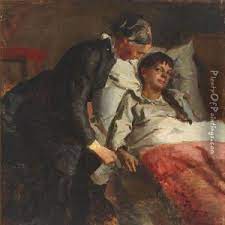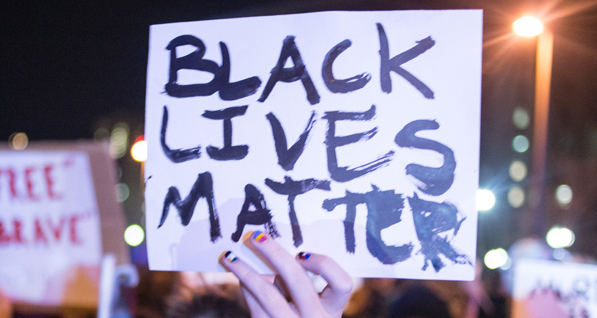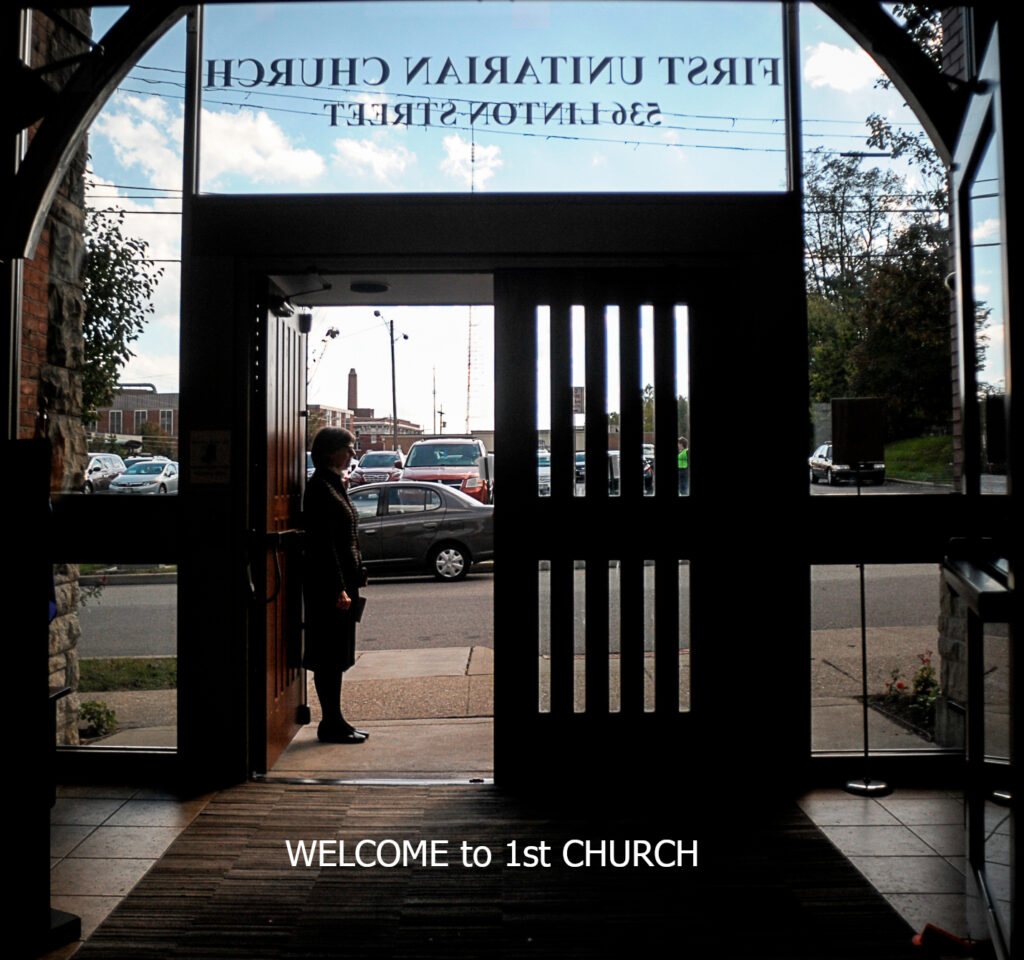Congregational Care
To access support or learn more about Congregational Care, please contact: member-care@firstuu.com

Caring for one another is a core spiritual practice for Unitarian Universalists. Congregational Care is the term we use for the ways members, staff, and the Minister offer support and compassion to each other in community. We promote congregational care to all ages, knowing that it can be as simple as sending a card for a birthday or as challenging as helping someone who has suicidal thoughts.
Offering congregational care might mean connecting any congregants with special joys or sorrows with a minister, professional counselor or member of our Extended Ministry Team. This team offers:
- resources for self care, stress management, and professional counseling
- recognition when appropriate to the congregation at large through Circle of Friends publications of special needs or celebrations
- note cards and personal visits of celebration or concern
- meals or transportation to those in need
Opening Hearts

Opening Hearts brings an anti-racism anti-oppression multicultural lens to every aspect of First Church life. Opening Hearts collaborates with the Board, staff and committees to provide education and support for individuals to uncover and resolve their own biases toward people who are different. We continuously work with all aspects of church life to raise awareness and understanding of these issues in our congregation and community. Our congregation connects with and learns how to be allies, accomplices and advocates for those who are oppressed. Ultimately, we strive to live up to our congregational commitment to full inclusion in which we welcome everyone to interdependent relationships that are respectful, equitable and care for the well-being of individuals and the whole community alike, as is true of a Beloved Community in its fullest definition. Initiated in 2018 with the arrival of minister Rev. Connie Simon, the Opening Hearts initiative identified five target areas, including ableism, classism, LGBTQ+ acceptance, racism, and multiculturalism. Contact: Linnea Lose, linnealose@gmail.com.
An LGBTQ Welcoming Congregation

We are a Welcoming Congregation, recognized by the Unitarian Universalist Association. This means we affirm and include people who are lesbian, gay, bisexual, transgender, and queer at every level of congregational life—in worship, in program, and in social occasions—welcoming them as whole people.
We have pledged to:

- honor the lives of all people and equally affirm displays of caring and affection without regard for sexual orientation
- celebrate diversity by using inclusive language and content in worship
- incorporate an understanding of the experience of lesbian, gay, bisexual, transgender, and queer (LGBTQ+) persons throughout all of our programs, including religious education
- affirm and celebrate LGBTQ+ issues and history
- affirm marriage equality and conduct same-sex weddings
- advocate for LGBTQ+ people, promoting justice, freedom, and equality in the larger society
- speak out when the rights and dignity of LGBGTQ+ people are at stake
We recognize that there’s always more to learn, and we remain open to deepening our understanding about the lives of lesbian, gay, bisexual, transgender, and queer people.
Accessibility of Building and Programs
We welcome and affirm people of all abilities. We have taken the following steps to assure that no one is excluded from full participation in the life of our church:
Mobility
Our sanctuary, fellowship hall, and religious education classrooms are fully accessible to those using wheelchairs or having restricted mobility.
Sight
Large print hymnals and Orders of Service are always available. Please ask any usher for assistance. If you would like an orientation tour of the campus during the week, contact member-care@firstuu.com to make arrangements.
Hearing
We have wire loop technology connected to our audio system. During all church meetings and workshops, anyone wishing to speak from the audience is asked to use the portable microphones so those who are hard of hearing are not excluded.
Special Needs Children
If you want your child to participate in the religious education program and feel that they may require special accommodation due to learning disabilities or behavioral issues, please contact the Director of Lifespan Faith Development so the best possible arrangements can be made.
